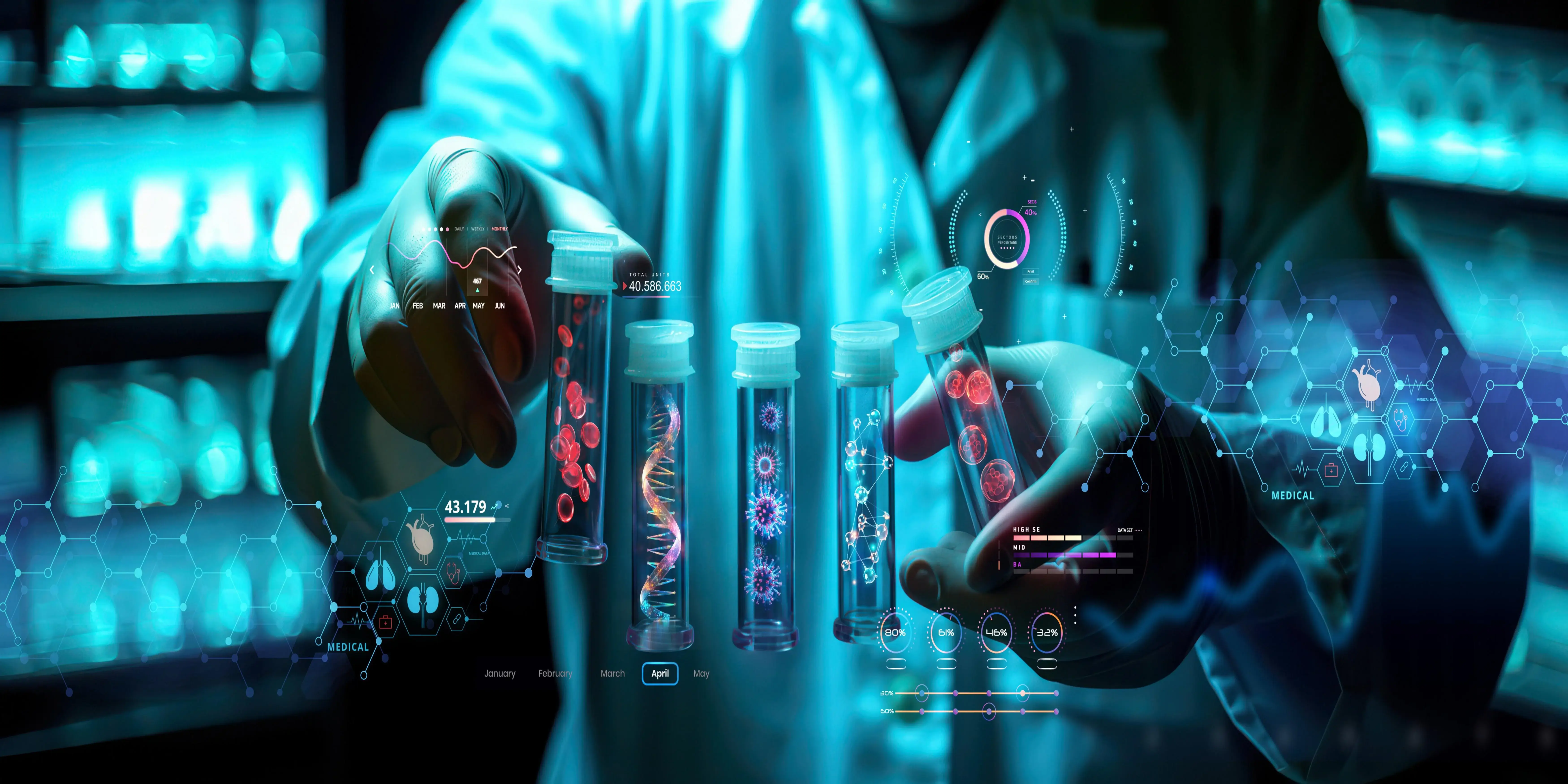They're using latest health technologies to aid patient results, hasten the pace of treatment, save costs, and lead in transforming the health industry. From making wearable technology for continuous health monitoring to building electronic health record systems, these businesses have become inevitable in providing modern healthcare. They design innovation in data analytics, telemedicine, artificial intelligence, and many other aspects, which make health care possible in accessible and personal ways. This paper explores the emerging phenomenon of health care technology companies, their core focus areas, challenges they face, and possible implications for healthcare in the future.
Key Areas of Focus for Healthcare Technology Companies
Identification of Lead Compound
Telemedicine is becoming increasingly popular, even after the COVID-19 pandemic. Healthcare technology companies have found innovative solutions for remote patient monitoring, virtual consultations, and real-time health data tracking. Doctors can monitor their patients' vital signs with the aid of gadgets like wearable sensors and health applications that would help provide them with early therapies and fewer hospital visits.
Artificial Intelligence and Machine Learning
AI and machine learning are transforming the healthcare arena with quick, accurate diagnostic analysis and treatment recommendations. Companies are building healthcare technologies and designing and developing AI systems that can analyze large data sets to create tailored treatment plans based on patient data, predict patient outcomes, and diagnose diseases like cancer quickly.
Types of Healthcare Technology Companies
Electronic Health Record Companies
Many EHR vendors have developed platforms that enable doctors, pharmacists, and other health care professionals to create, share, and monitor care for patients. This way, patients can get a holistic and updated view of all their medical history, test results, and treatment plans, hence better care from the doctors. Some of the most used providers in the world are Cerner and Epic, both of which can be found in various clinics and hospitals.
Creators of wearable devices and health applications
There is an increase in the use of smartphone apps and wearable health gadgets. Wearables like Fitbit, Apple, and Garmin track one's heartbeat, physical activity, sleep patterns, etc. Such data-rich devices provide users with instant health insights while offering physicians access to ongoing monitoring data for better patient care.
AI-Driven Diagnostic and Treatment Companies
These businesses apply machine learning algorithms to patient data and medical images, leading to more immediate and accurate diagnoses of patients. Advancements in detecting diseases such as cancer, heart problems, and neurological conditions earlier than would have been possible with traditional methods ensure these technologies give a better experience for the patients.
The Future of Healthcare Technology Companies
Good laboratory practice (GLP)
There is a set of guidelines referred to as GLP guidelines instituted towards ensuring the quality and integrity of non-clinical laboratory studies. It is therefore important that preclinical CROs prepare their studies under GLP guidelines when the studies are going to be submitted in regulatory agencies.
Regulatory Submissions
Preclinical CROs would, therefore collect information that would be prepared and submitted according to regulatory requirements to the concerned authorities. This includes FDA-approved IND applications, which are required for a medication before it enters into clinical trials.
Meeting International Standards
Preclinical CROs need to make sure that all such multinational companies follow international regulatory requirements. Such compliance includes, in the words of Broadus, " compliance with regulations issued by bodies such as the International Council for Harmonization of Technical Requirements for Pharmaceuticals for Human Use, or ICH."
Conclusion
An indispensable part of the drug development process, preclinical CROs give biotechnology and pharmaceutical companies the scientific know-how, resources, and equipment for the design, development, and introduction of new medications to the market. Preclinical research ensures that these potential cures are tested up to an acceptable level under rigorous conditions, from very early discovery to regulatory compliance, before exposure to human clinical trials. Preclinical CROs will have a more critical role in shaping the future of healthcare in the forthcoming years. Healthcare will change with discoveries made under technological and personalized medicine breakthroughs.



